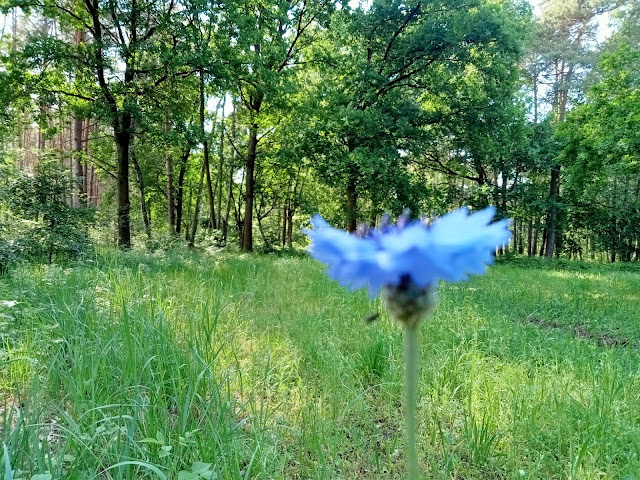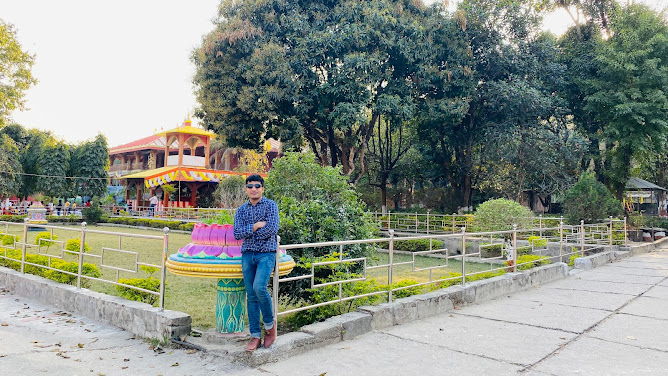All the development theories such as Modernization Theory, Dependency Theory, World System Theory and Neoliberalism Theory offers unique insights into the intricate dynamics of global progress. However, they have already been proven to be failures. And, I also find it challenging to support the concepts that advocate for the destruction of beautiful villages, green farming fields, and forests in favor of crowded cities. I cannot agree with or support any of the aforementioned theories that solely focus on economic growth. Instead, I have my own alternative theory of development that embraces the values of nature and its preservation, compassion for all living beings, the promotion of village life, and the cultivation of traditional organic farming.
My alternative approach prioritizes sustainable practices in all areas of life, spirituality, and inner peace, along with a simple and connected lifestyle that values contentment, happiness, and the preservation of traditional culture and cultural heritage. Emphasizing eco-friendly architecture, inner development, self-sufficiency through agriculture, and a focus on health, family, love, and if possible vegetarianism. My theory focus on living life fully by surrendering to our Mother Nature; than chasing money, sex and power doing so called "Growth" business. My model envisions a harmonious coexistence with the environment and each other.
In a world where theories advocate for various paths to development, my proposed approach aims to strike a balance between progress and preservation. It is beyond growth but closer to nature and life. By honoring the beauty of nature, nurturing a strong sense of interconnectedness, and cherishing traditional values, we can create a holistic model of development that leads to a more fulfilling and sustainable future.









































